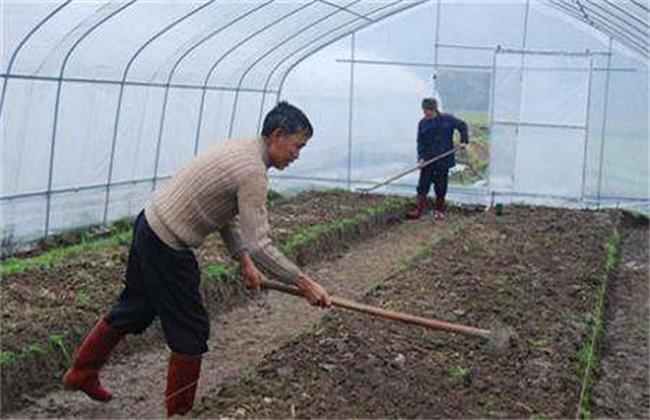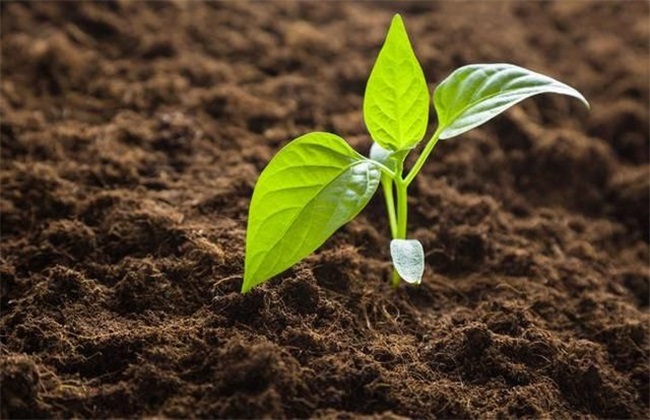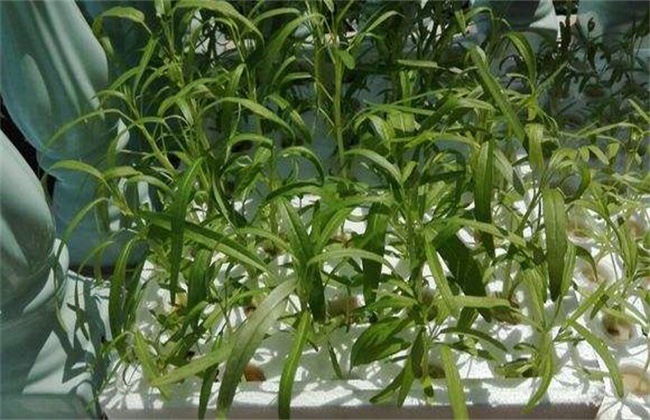How to raise Tomato seedlings in early Spring
Tomato is a common edible vegetable in people's daily life. it is widely cultivated all over the world and is deeply loved by people all over the world. Early spring cultivation is to fill the gap in market demand and is a new technology for modern vegetable cultivation. Quality and yield are people's goal. Good seedlings are the guarantee of follow-up growth. Now let's take a look at the specific operation of the seedling.

1. Seedbed finishing
Dig ditches and ridges, the ditch is about 10 cm deep and wide, and the soil on the seedling bed is treated into small pieces. When necessary, the soil can be sifted once, and the fine broken soil layer should be 20 cm deep. The upper layer is equipped with nutritious soil, and the seedlings are raised in a small shed covered with thin film.
2. Disinfection and sterilization
Sun the seedbed for 3 to 4 days before sowing, and then spray 50% carbendazim wettable powder with water to kill the germs on the seedbed. In addition, seeds also need to be mixed with carbendazim to prevent seeds from carrying germs. Seed soaking in warm soup can also be used to disinfect and promote germination. It takes about 20 minutes to stir in 50 degrees hot water to achieve sterilization.
3. Sowing seeds
Should there be an interval of about 20 centimeters between the ridge and the ridge? dig a small hole about 2 centimeters deep directly on the surface of the bed by hand, put in 2 or three seeds or sow directly, cover about 1 centimeter of fine soil, and finally pour some water on the whole seedbed. let the seeds come into close contact with the soil.
4. Fertilization
Base fertilizer can use more than half of the mature organic fertilizer, if the nutrient soil is fertile, you can apply less fertilizer at the seedling stage, and if the leaf color becomes lighter, showing a lack of fertilizer, you can spray some foliar nitrogen fertilizer. During this period, a certain amount of compound fertilizer was applied according to the growth of the seedlings. Regular and quantitative supplement of trace element fertilizer.
5. Temperature
The temperature before emergence should not be too low, the low temperature causes the seed not to germinate, or the growth is thin; after the seedling comes out, it is easy to burn the seedling at high temperature. Two true leaves must be kept warm in the seedling bed to avoid the occurrence of flower and fruit drop in early spring and affect the early yield. Sunny noon soil temperature is easy to be too high, you can uncover both ends of the film properly ventilated, but at night must cover the film. To prevent the temperature difference between day and night from freezing to death the seedlings.
6. Humidity
Generally, there is no need to water at the seedling stage to prevent the occurrence of quenching disease. Do not water at noon on a sunny day, usually after sunset in the afternoon. Depending on the weather and the size of the seedlings, if too much watering occurs, you can spread grass ash to absorb moisture or ventilation.
7. Light
Seedlings need the right amount of light to grow well. The temperature is low in winter, although there is a risk of freezing injury, but it is still necessary to uncover the film to receive light, so as not to grow malformed. Try to uncover the film once every morning to increase the time of illumination, even on cloudy days.
8. Diseases and insect pests
Seedling blight and sudden fall disease often occur. When the disease occurs, rot or even break off from the root of the seedling and directly kill the whole plant, so carbendazim spraying is mainly used to prevent it before seedling germination.
Tomato breeding in early spring should pay attention to the above operation points, so as to ensure that the seedlings are healthy and good. To ensure the early output and quality, combined with the actual solution of specific problems, I hope that the above content can help everyone's specific operation.
Related
- Where is it suitable to grow horseradish in China? it is expected to see the middle altitude horseradish in Alishan.
- How to prevent tomato virus disease reasonably? (Control methods included)
- Many people like to plant towel gourd on the balcony. What are the main points of this method and management?
- What crops can chili peppers be mixed with?
- Fertilization techniques and matters needing attention in Tomato
- What are the grafting techniques for peach seedlings in spring?
- Harm and control methods of root swelling disease of Chinese cabbage
- What are the pests of sweet potatoes? How to prevent and cure it?
- Symptoms, causes and Control methods of navel Rot in Tomato
- The cause of "Cucumber rotten bibcock" in Farmers' planting Cucumber and its Control Plan



